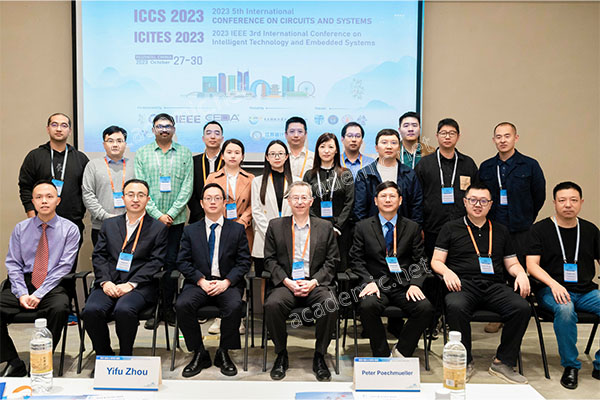Essential Tips for Attending Academic Conferences
Academic conferences offer invaluable opportunities for learning, networking, and sharing your work with a wider audience. To fully benefit from these events, a strategic approach is essential. Whether you're a seasoned academic or attending your first conference, these tips will help you make the most of the experience.

1. Set Clear Objectives
Before attending a conference, define your goals. Are you there to present your research, gain insights from experts, or network with professionals? Having clear objectives will guide your participation and ensure you focus on what matters most.
2. Research the Conference Program
Take the time to review the conference schedule thoroughly. Highlight sessions, workshops, and keynote speeches that align with your interests. Make a note of times and locations to avoid missing critical events. This preparation helps you optimize your time and attend sessions that offer the most value.
3. Polish Your Presentation Skills
If you're presenting, practice is key. Ensure your presentation is clear, concise, and engaging. Use visuals to complement your points and rehearse answers to potential questions. Confidence in presenting will leave a positive impression on your audience.
4. Prepare Your Networking Pitch
Networking is a significant aspect of academic conferences. Prepare a brief, compelling introduction about yourself and your work. Be ready to exchange contact information and follow up with meaningful conversations after the event. Building professional relationships can open doors to collaborations and career opportunities.
5. Bring the Right Materials
Pack everything you need for a successful conference: business cards, copies of your research, a notebook, and any required technology such as a laptop or presentation device. Having these essentials ensures you're ready for any opportunity that arises.
6. Engage Actively in Sessions
Don’t just attend sessions—participate actively. Ask questions, take notes, and engage with speakers and attendees. Active involvement demonstrates your interest and helps you gain deeper insights into the topics discussed.
7. Take Advantage of Networking Events
Most conferences include social events such as dinners, receptions, or coffee breaks. These are excellent opportunities to meet new people in a relaxed setting. Be approachable, listen actively, and don’t shy away from initiating conversations.
8. Stay Connected Post-Conference
The relationships you build at a conference should not end when the event does. Follow up with new contacts through email or professional platforms like LinkedIn. Share notes or insights from the conference to continue meaningful discussions.
9. Reflect and Apply What You Learned
After the conference, take some time to reflect on the key takeaways. Identify actionable steps you can apply to your research, teaching, or professional development. Conferences can be a catalyst for growth if you actively implement what you’ve learned.
Attending academic conferences is an investment in your professional journey. With proper preparation and active participation, you can maximize your experience and achieve your goals. For more resources and tips on academic conferences, visit academic.net.
